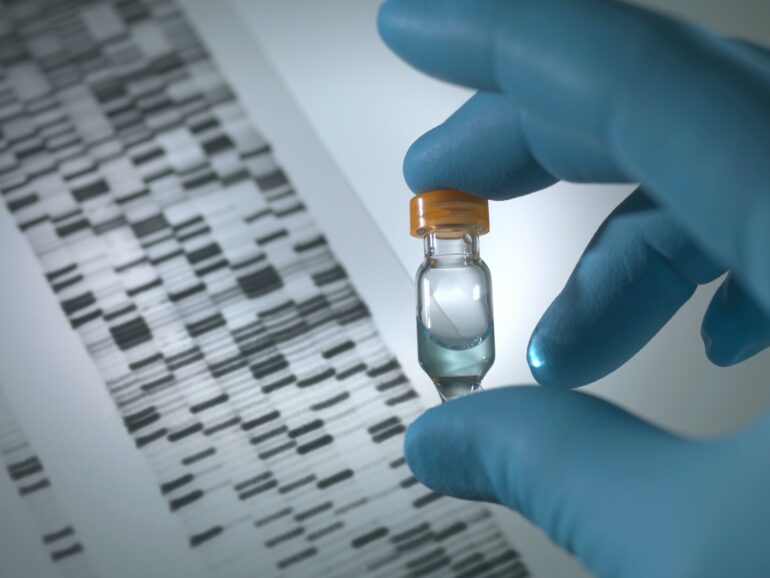Imagine you agreed to be part of a new and exciting long-term research study to better understand human health and behavior. For the past few years, you’ve been visiting a collection site where you fill out some questionnaires about your health and daily activities. Research assistants take your height, weight and some other physical characteristics about you. Because you agreed to contribute your genetic data to the study, you also provided a saliva sample during your first visit.
Later, you see a news article reporting that researchers analyzing data from the study you’re participating in have found genetic variants that predict the likelihood of someone completing college. You remember reading a long form when you consented to giving your data, but you can’t quite remember all the details. You know the study was about health, but how do these findings about genes and education have anything to do with health? Did they analyze your data specifically? What did they find?
What are biobanks?
Many scientific research studies collect data meant to answer a specific research question. For example, to study the genetics of diabetes, researchers might collect data on your blood pressure and lipid levels in addition to genetic data. But increasingly, scientists are collecting large amounts of data to be kept in biobanks – repositories that store genetic data and other biospecimens like blood, urine or tumor tissue to be used in a wide number of future studies.
Biobank data is often used to conduct genome-wide association studies, or GWAS.
Some biobanks, like the UK Biobank, link biospecimen data to other collected data, such as sexual behavior, medical history, weight, diet and lifestyle. Private companies like 23andMe also obtain consent from their customers to have their data used in research efforts.
As a researcher interested in the intersection between social behaviors and genetics, I frequently have conversations with people who weren’t aware of how their genetic data is being used. They’re often surprised that the genetic data they consented to be used for research at a private company by using a DNA testing kit or at a biobank while visiting their local clinic might be used to study the genetics of same-sex sexual behavior or risk-taking.
In our newly published research, my colleagues and I found that even choosing not to respond to survey questions can reveal information about the population (we found that not responding to survey questions is correlated with a person’s education, health and income levels) if genetic data is available.
Genetic data and informed consent
The research that can be done with biobank data might sound scary, but it shouldn’t be. Genetic data, like the data used in our study, is de-identified. This means that it cannot be linked back to individual research participants, who remain anonymous. Further, genetic data…



